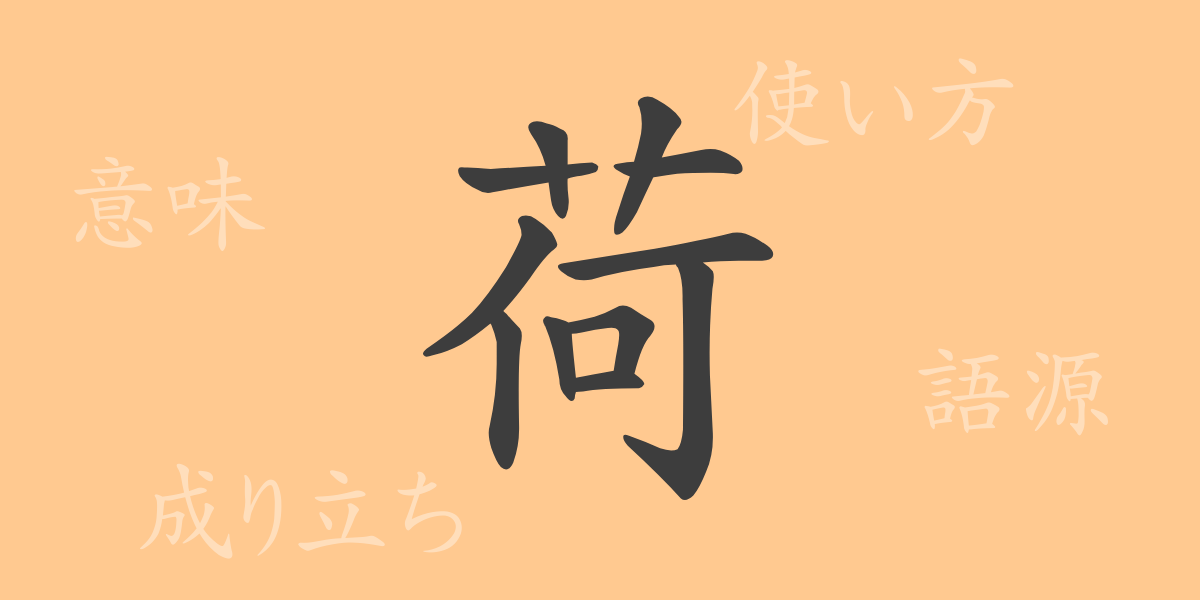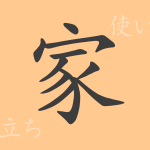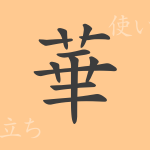Carrying a load is not just a physical act; it is a concept deeply rooted in people’s lives, culture, and even language. The Japanese Kanji “荷” (Ni), commonly used in everyday life, has a rich history and meaning behind it. In this article, we will explore the origins, meanings, and uses of “荷,” as well as idioms and proverbs associated with it.
The Origin of 荷 (Kanji)
The Kanji “荷” (Ni) symbolizes the act of bundling and carrying plants in ancient China. It is composed of “艸” (Kusakanmuri), meaning grass, and “负” (Fu), representing burden or transport, depicting the act of carrying grass or tree branches on one’s back. This pictographic character has been closely related to people’s labor and movement since ancient times, playing an important role.
Meaning and Usage of 荷
The Kanji “荷” (Ni) carries meanings such as “cargo” or “burden.” It also encompasses abstract concepts like “responsibility” or “role.” In Japanese, “荷” refers to the act of physically carrying something, the item being carried, and metaphorically, it can also denote a psychological burden. For example, the phrase “feeling a heavy load” does not refer to an actual heavy object but represents mental pressure or stress.
Readings, Stroke Count, and Radical of 荷
Let’s delve into the Japanese readings of the Kanji “荷” (Ni) and its composition.
- Readings: The on’yomi (Chinese reading) is “か” (Ka), and the kun’yomi (Japanese reading) is “に” (Ni).
- Stroke Count: “荷” consists of 10 strokes.
- Radical: The radical is “艸” (Kusakanmuri), a common element in Kanji related to plants.
Idioms, Phrases, and Proverbs Using 荷 and Their Meanings
There are several idioms, phrases, and proverbs that include “荷,” such as:
- 荷を下ろす (Ni -wo- or-osu) – Literally means to unload cargo, or metaphorically to be relieved of worries or responsibilities.
- 荷が重い (Ni -ga- omo-i) – Indicates that a responsibility or role is significant and weighty.
- 荷が軽い (Ni- ga- karu-i) – Means that a responsibility or role is light or easy.
These expressions are frequently used in Japanese daily life and communication.
Summary on 荷
The Kanji “荷” (Ni) holds a significant place in Japanese language and culture. Its symbolic meanings extend beyond mere physical cargo to represent people’s sense of responsibility and aspects of life. Understanding the deep meanings encapsulated in this single character is a step toward appreciating the richness of the Japanese language. Expressions containing “荷” are widely used in both everyday conversations and business communications, and their versatile usage reflects the depth of the Japanese language.

























